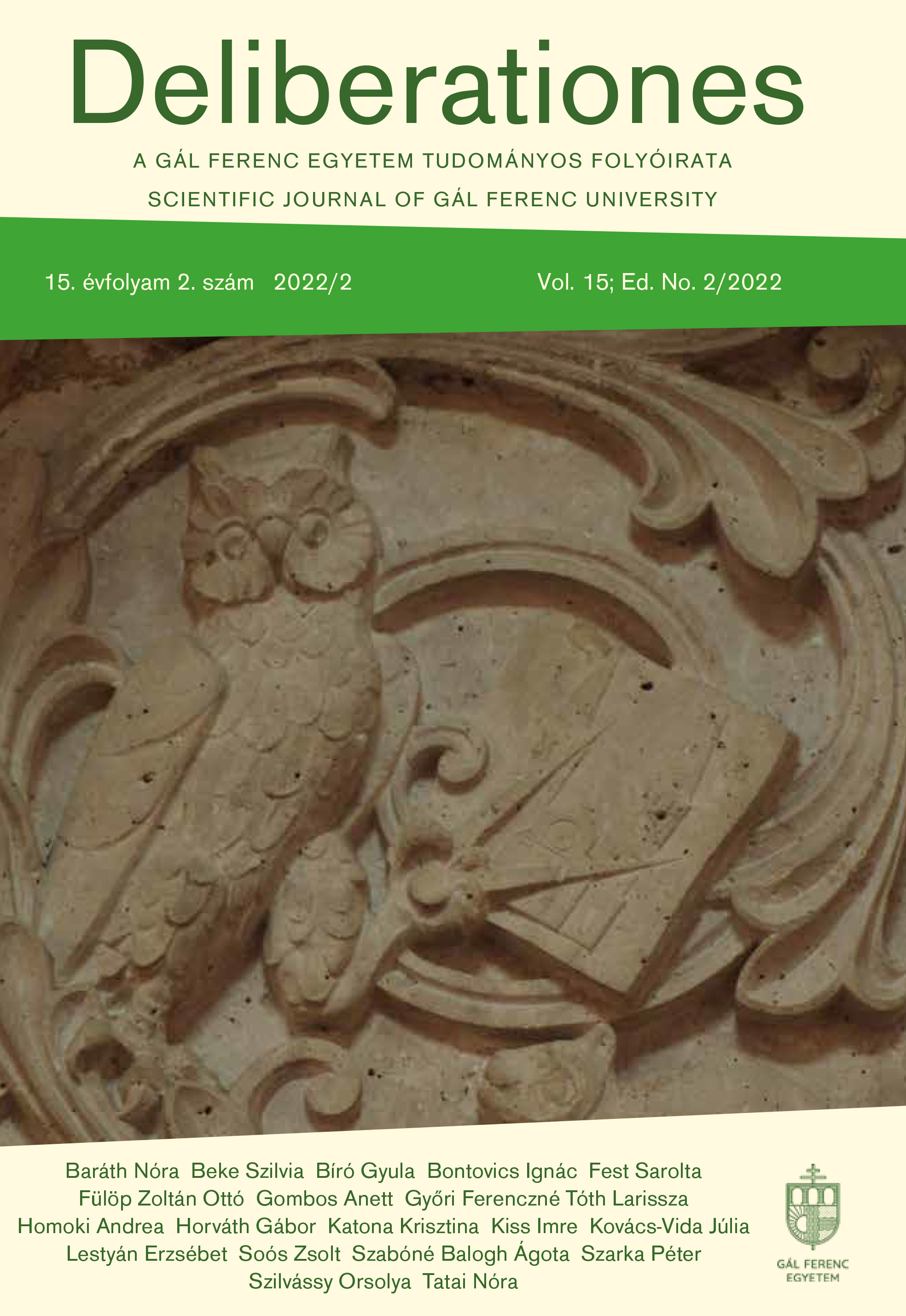Abstract
The background for the research
Music written for voice played a key role in Rachmaninoff’s ouvre, even though he is mostly remembered by the history of music as a virtuoso pianist and author of pieces composed for piano and symphonic orchestra. The Russian romance, popular in his family circle, was one of his earliest musical experiences, and even his career as a composer started with an opera composed for an exam whose premier was arranged by Tchaikovsky himself. Later, already in the status of an opera conductor, he not only discovered the world of musical theater, but also started close friendships with many of the most well-known singers of the time. Those friendships have defined his vocal pieces, and majority of his romances were dedicated to performing artists.
Sources
Essential sources for a research on Rachmaninoff are available in two languages – Russian and English, since the composer spent his life in those two linguistic environments in Russia and USA. The monograph most often referenced in English-language sources was put together by Sergei Bretensson and Jay Leyda. From it, one can learn Rachmaninoff’s biography in rich detail. The summarizing work of Barrie Martyn portrays Rachmaninoff as a composer, a pianist and a conductor, as well as dealing with his works in detail. In his 2014 book Richard D. Sylvester, discusses every single romance and presents the circumstances around their creation. In the Russian-language literature the most important volumes were the three- and the two-volume editions of compendium put together by Zarui Apetian – Literary Heritage (Literaturnoe nasledie) which contains Rachmaninoff’s letters and published writings; and Reminiscences about Rachmaninoff (Vospominaniia o Rakhmaninove). The latter one is an antology of writings of varying sizes by relatives, colleagues and friends.
Results
I briefly present the Russian romance as a genre, the history of its creation, its distinctive features. I examine the role that was fulfilled in Rachmaninoff’s ouvre by the romance, and also those among the life events of the composer that influenced his vocal works. With the help of quotes and letter excerpts, I present those experiences which inspired Rachmaninoff to compose romances, such as his time at the family’s estate of Ivanovka which was so important to him.
References
Apetyan, Z. A. (Ed.). (1978). Szergej Rahmanyinov. Lityeraturnoje naszlegyije. I. kötet.Vszeszojuznoje Izdatyelsztvo.
Apetyan, Z. A. (Ed.). (1961). Voszpominanyija o Rahmanyinove I. kötet. Goszudarsztvennoje Muzikalnoje Izdatyelsztvo.
Apetyan, Z. A. (Ed.).(1961). Voszpominanyija o Rahmanyinove II. kötet. Goszudarsztvennoje Muzikalnoje Izdatyelsztvo.
Belaiev, V. &Pring, S. W. (1927). Sergei Rakhmaninov. The Musical Quarterly, 13(3), 359-376.
Bertensson, S., & Leyda, J. (1956). Sergei Rachmaninoff. A Lifetime in Music. New York University Press.
Cunningham, R. E. Jr. (2001). Sergei Rachmaninoff. A Bio-Bibliography. Greenwood Press.
Groseva, A. J. (Ed.). (1960). Fjodor Ivanovics Saljapin. Iszkusztvo.
Lvov, Ny. A., & Pracs, I. (1790). Szobranyie narodnih russzkih peszen szvih goloszami. Goszudarsztvennij Muzikalnij Izdatyelsztvo.
Martyn, B. (1990). Rachmaninoff: Composer, Pianist, Conductor. Ashgate Publishing.
Neff, L. (2001). Kerzina, Mariya Semyonovna. In Stanely Sadie (Ed..), The New Grove Dictionary of Music and Musicians. Second edition. 13.kötet. Macmillan Publisher Limited.
Papp, M. (2006). Orosz népdal – dal – románc. Magyar Zene 44(1), 5-30.
Roy, B. K. (1927). Rachmaninoff is Reminiscent. The Musical Observer, 26(5), 16.
Swan, A., &Swan, K. (1944). Rachmaninoff: Personal Reminiscences – Part II. The Musical Quarterly, 30(2), 185.
Sylvester, R. D. (2014). Rachmaninoff’s Complete Songs. A Companion with Texts and Translations. Bloomington: Indiana University Press.
Taruskin, R. (1992). Entoiling the Falconet’: Russian Musical Orientalism in Context. Cambridge Opera Journal, 4(3), 253-280.
Walsh, S. (1973). Sergei Rachmaninoff 1873-1943. Tempo 105, 12-21.
Weiler, S. (2015). From Russia with Love, Part 3., Journal of Singing, 71(3), 365-369.
